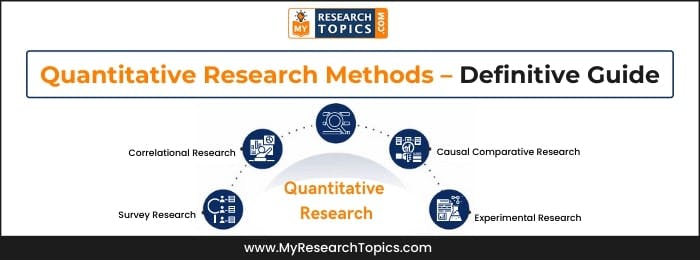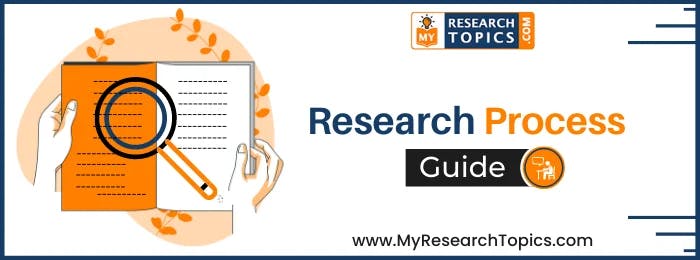DPhil vs PhD – Differences Explained
Published 16 October, 2023
Synopsis
A DPhil is a research degree from the University of Oxford in England. A PhD, on the other hand, is an academic degree earned at universities around the world. The two degrees are often used interchangeably, but there are some key differences between them.
Introduction
There is often confusion surrounding the difference between a PhD and a DPhil. This is because in many countries, the terms are used interchangeably to refer to doctorates. However, there are some subtle – yet important – differences between the two that are worth noting.
The more common and well-known ‘ PhD’ is far outweighing the less popular D Phil. Most people outside of Britain have never even heard about an abbreviation like this before!
The University of Oxford still uses “DPhil” as you can see on their admissions page. As a result, almost all doctorate students graduating today do so with ‘ PhD’ written down in the official manuscript- even though most UK universities use the term ‘PhD’ instead for postgraduate studies leading to qualification after three years of work experience under supervision from an accredited university or institution where student successfully completing research taught dissertation which is then submitted together other supporting material such as papers, reviews and so on.
Let’s take a closer look at the main differences between a PhD and a DPhil.
What are the differences between DPhil & PhD ?
The main difference between a DPhil and a PhD is that a DPhil is awarded by the University of Oxford in England, while a PhD is awarded by universities around the world.
A DPhil is also known as a Doctor of Philosophy, while a PhD is also known as a Doctor of Science.Another key difference between the two degrees is that a DPhil typically takes four years to complete, while a PhD usually takes three years to complete.
In terms of coursework, a DPhil generally requires students to complete two years of research, while a PhD generally only requires one year of research.
Lastly, the thesis requirements for a DPhil are often more rigorous than those for a PhD.
So, while the two degrees are often used interchangeably, there are some key differences between them that are worth noting.
Is there any differences in DPhil & PhD in the basis of Funding, Eligibility Requirements or Duration?
No, not really- the only thing that differs is the name of the degree. DPhil studentships are funded in the same way as PhD studentships, and there is no difference in eligibility requirements or duration.
So, if you’re considering pursuing a doctorate, you can choose between a DPhil or a PhD. Both degrees will give you the opportunity to conduct research and contribute to your field of study. The only difference is in the name.
Scope of DPhil & PhD:
A DPhil or PhD allows you to conduct your own research project, under the supervision of experienced academics. This gives you the opportunity to develop specialist knowledge and skills in your chosen field.
Your research project will usually be based on your own interests and ideas. You’ll have the chance to design, carry out and write up your own research project. This will usually take the form of a thesis, which you’ll submit at the end of your studies.
The DPhil or PhD is a ‘higher degree by research’. This means that it focuses on your ability to conduct independent research, rather than on your ability to master a body of knowledge.
Potential DPhil Concerns
In recent years, there has been some debate among current and former doctoral students about whether having a ‘DPhil’ on their official degree manuscript may put them at a disadvantage in the job market.
Some feel that employers outside of the academic world may not be familiar with the term ‘DPhil’ and thus view it as less prestigious than the more widely known ‘PhD’.
However, it is important to remember that a ‘DPhil’ is simply the British equivalent of a ‘PhD’. In other words, it is still a doctorate-level degree that requires the same amount of work and research as a ‘PhD’.
Therefore, employers should not view a candidate with a ‘DPhil’ any differently than they would a candidate with a ‘PhD’. Ultimately, what matters most is the quality of the research and the candidate’s ability to communicate their findings. As long as prospective employers keep this in mind, ‘DPhil’ holders should not have any trouble finding employment.
Fears about the potential disadvantage of having a ‘DPhil’ on one’s degree manuscript are unfounded and ultimately unimportant. What matters most is the quality of the research and the candidate’s ability to communicate their findings. Therefore, ‘DPhil’ holders should not have any trouble finding employment.
It is important to remember that a ‘DPhil’ is simply the British equivalent of a ‘PhD’. In other words, it is still a doctorate-level degree that requires the same amount of work and research as a ‘PhD’. Therefore, employers should not view a candidate with a ‘DPhil’ any differently than they would a candidate with a ‘PhD’.
How Long is a DPhil?
The DPhil is a research degree that usually takes between three and four years to complete. You will likely spend the majority of your time working on your research project, which will be supervised by a member of staff at the university.
The three stages of the journey to enlightenment are:
- The DPhil student will carry out a literature review, providing critique on sources from across the field. The goal is for them to use these notes as inspiration when conducting their own research and writing up about it.
- Thesis proposal and submission. During this stage, the student will develop a research proposal under the guidance of their supervisor. This will be submitted to an internal board for feedback before being sent off to external examiners.
- The final stage is the viva voce, or oral examination, in which the student will defend their thesis in front of wo experts in the field.
Useful tips for DPhil students:
Start early and be organised. This will help you stay on top of your work and make the most of your time at the university.
Be prepared to work hard. A DPhil is a demanding degree, and you will need to put in the hours to get the most out of it.
Make use of your supervisors. They are there to help you, so don’t be afraid to ask for advice or feedback.
Keep a healthy balance. It is important to take care of yourself both physically and mentally during your time as a DPhil student.
Enjoy the journey! A DPhil is an opportunity to explore your interests and discover new things about yourself and the world around you. Embrace it!
Other Related Guides
- Research Project Questions
- Types of Validity in Research – Explained With Examples
- Schizophrenia Sample Research Paper
- Quantitative Research Methods – Definitive Guide
- Research Paper On Homelessness For College Students
- How to Study for Biology Final Examination
- Textual Analysis in Research / Methods of Analyzing Text
- A Guide to Start Research Process – Introduction, Procedure and Tips
- Research Findings – Objectives , Importance and Techniques
- Topic Sentences in Research Paper – Meaning, Parts, Importance, Procedure and Techniques












